You need to get more backlinks, so let’s think what’s the simplest way…
Sure, you can skulk around the dark corners of the internet looking for high authority sites that can give you an easy backlink. But as we’ve seen from countless Google penalty horror stories of yore, links can’t be gamed — they need to be earned.
And the true simplest way to get backlinks is to write content that deserves to be linked back to. I know this sounds boring, and nothing like the ‘SEO ninja hacks’ we love so dearly these days, but trust me… it’s far less work to pick up links naturally than it is to spam thousands of bloggers with your broken link outreach or commenting schemes.
See for example one of our most popular posts on SEO tips for beginners. You can tell from the steady growth of the referring domains graph that it has snowballed in popularity over time and naturally earning links from sites like Entrepreneur and LifeHack.
It’s because it’s a quality resource: over 3,000 words long, and offering original, actionable insight. And now it ranks for over 1000 long tail keywords and the 2,400 volume head keyword itself, ‘SEO tips’.
Let’s look more in-depth at how content earns links, and how you can engineer your own content to do the link building all on its own.
Get your own data
Unsourced data won’t fly in the blogging world any more. We’re obsessed with authority and solid research, and that means that if you write content with valuable data, anyone who wants to talk about it has to link it.
In Moz and Buzzsumo’s phenomenal 2015 report on the correlation between links and shares, they found “people prefer to link to content that is evidence or data backed and in particular research content that provides new insights”. The content with the highest links:shares ratio was content that provided unique research.
And that’s for good reason. See what I had to do there? I wanted to provide you with valuable insight but couldn’t do it without referencing and linking a study. The single best way to ensure you get links back is to write something that can be sourced.
Often, you’ll find that when a company releases an important study, it will get covered by a lot of journalists and therefore earn links from a ton of high authority sites.
Check this out, for example.
I found this study from Nielsen linked in TechCrunch and went to check out the backlink profile. Not only has this data been covered in TechCrunch and referenced over 500 times across the internet, it also has links back from some of the most prestigious sites in the world:
Since original research has the potential to be shared heavily, that also means more exposure and, in turn, more links. Part of the secret of writing content that gets links is writing content that gets shares.
Which brings me to my next point…
Write a kick-ass headline
Advertising legend David Ogilvy famously quipped that ‘when you have written your headline, you have spent 80 cents of your dollar’. I’m unsure how he could have made such an accurate statement 40 years before the advent of Google Analytics, but it turns out to be completely true in that on average, for every 100 people that see your headline, only 20 will read more.
Putting on your conversion optimization hat, it’s easy to see that all you need to do to get more exposure and introduce your content to people that are likely to link it is to up the conversion rate of the headline.
Easier said than done, but it’s actually a well tested and highly formulaic practice with lots of data around to back up the facts.
Let’s go back to the golden age with an example set of maxims from John Caples’ 1932 bible for marketers Tested Advertising Methods. In it, he lays down a few laws he’s learned in his time, including:
- What you say is more important than how you say it
- The headline is the most important element in most advertisements
- The most effective headlines appeal to the reader’s self-interest or give news
- Long headlines that say something are more effective than short headlines that say nothing
- Specifics are more believable than generalities
Use the headline analyzer from CoSchedule if you’re unsure what’s wrong with your title. It will grade your headline on a scale of 0-100, with anything 70 and above being exceptional. This article’s headline gets a score of 71.
By drafting and redrafting your headline and including words that elicit an emotion from your reader, you’ll learn (with guidance from the tool I just mentioned) how to write great headlines.
“If you have time to write as many as 25 headlines, you increase still further your chances of writing a good one. Put the headlines away and read them over the next day. Try to take the point of view of the bored customer. Try to decide which headline would be most likely to stop you if you were turning the pages of a magazine or a newspaper and you were not interested in the advertising at all” — John Caples
For further reading, refer to Ogilvy’s Ogilvy on Advertising and the Caples’ Tested Advertising Methods. They may be old, but it doesn’t mean they’re not relevant.
Side note: CoSchedule’s headline analyzer tool is a great example of content that’s bound to get links. It’s so ridiculously useful and deserves to be written about. As proof, let me just point out that it has over 7,000 backlinks.
Make it interesting, unique, and actionable
If I can’t make an article interesting, unique and actionable, I’m not going to write it. What would be the point? Something boring, tired, and theoretical will be a waste of keystrokes. These three elements are the base components of content that rises above everything else out there.
Over 75% of content gets zero links, and that’s why you never see it. The laws of the marketing universe obey the Pareto principle as always, stating that 20% of the content will get 80% of the links.
Why does it happen like that? Well, it’s because the majority of content is terrible. If you’ve ever searched for resources on anything but the most sensationalized topics, you’re going to find a whole heap of unreadable dross from sites last updated in 2005.
They get away with it because they’re the best of a bad bunch. But if you’re going after links, and targeting a wide audience with your content, your writing can’t be anything other than interesting, unique, and actionable.
To make an article interesting, it’s mostly about the tone and subject matter. Do you have an opinion, a story, or a fresh take on a topic that has proven itself popular? I hope so, because you’re going to need it to not risk being a bore.
To make an article unique, it will need to have a personal side to it or preferably some original data. Have you analyzed email copy from hundreds of sources, or perhaps surveyed all of the farmers in your area to find which brand of pesticide they use? Or maybe you have a success story to share? Unless you’re rolling out the same 5 social media tips as everyone else, you’re going to be fine here.
To make an article actionable, you need to tell the reader what to do with the information you’re giving them. A theoretical article is all well and good, but if the reader feels as they’re able to take away the techniques you’ve given them and make positive change, you’re going to get more shares, attention, and links.
Make it authoritative and well-sourced
A big part of providing content that deserves links is providing authoritative sources for your information.
There are very few people in the world that are qualified to write articles telling people what to do without a basis for the information. They’re mostly PhDs and published experts. I’m not one, and I doubt you are either, so you need to collate existing knowledge and display it in a readable and useful way, with an interesting and original twist.
Plus, outbound links do wonders for your SEO so you’d be hurting yourself in more than one way if you didn’t. If you link back to other bloggers and companies, they’re going to be inclined to return the favor. For example, you should notify the mentions that they’ve been linked in your post using email or Twitter. This will put your content on their radar and they might consider promoting it further.
Write over 2,000 words
You can’t adequately cover a topic worth writing about in less than 2,000 words. If you don’t believe me, believe Google instead. Google gives ranking priority to articles around 2,400 words in length:
When you’re writing long-form content, you’re also able to take advantage of tons of extra benefits, including increased time on page and high shareability.
And not only are you helping your on-page SEO, you’re providing more detail, viewpoints and value on one page, which in turn will help you get links back.
There’s a reason why long-form content ranks on the first page, and that’s because it gets links! Even if you feel the topic you’ve covered is too narrow to write 2,000 words on, there will always be another point of view you can consider and add to your overall argument. And for list posts, it’s easy: just add more items to the list.
Use original design (infographics, charts)
First impressions count for a hell of a lot when you’re trying to grab the attention of internet readers. In fact, Xerox found that colored illustrations can lead to more people reading a post by 80%. Not only this, but when you create original visuals, you’re upping your chance to get links. Just like original data, this is material unavailable elsewhere on the web, so if a blogger wants to reference the image, they’re going to have to source and link you.
Examples of original visuals you could create include:
- Infographics (using Venngage)
- Quote visuals (using Pablo)
- Charts (using amCharts or Datawrapper)
- Presentation slides (using Slideshare)
- Screenshots (using Evernote or your in-built screenshot functionality)
While you might not get a link for originality in the article itself, you could just get a link back for the image. This means that every single article you write, data-driven or not, is an opportunity for a link. You can increase brand awareness further by adding a logo to the image, or leave it plain to increase the chances that another site will use it without it feeling off-brand for them.
Here’s a great example of an original visual that has helped an article on useful insects to earn links:
Make it evergreen
Evergreen content is the opposite of news. While today’s news is tomorrow’s fish and chips wrapping paper, evergreen content lives on forever.
And because it’s able to stay relevant to subjects people are talking about for a long time, it’s going to be a more linkable resource than this week’s hot news story. In fact, see the data for yourself:
Even though a New York Times article gets over 3,000 shares on average, it only gets 7 links. Seven links seems pretty poor for an article from such a big outlet, but when you think about it, what kind of evergreen article would any of these stories be linked in?
Unless you’re a Donald Trump blogger, you’re not going to really find much here you could source, especially when the data will have come from a separate primary source anyway.
But for articles like these…
They have information people need to know for a much longer time than they’ll need to know the latest sensationalized Trump scandal, and so they earn links by being evergreen and relevant.
Your quick checklist for linkable content
To summarize, when you write your next piece of content make sure that it ticks the majority of these boxes:
- Includes original data
- Interesting
- Useful
- Actionable
- Evergreen
- Includes original visuals
- All sources backed up
- Headline scores 70+ in CoSchedule’s headline analyzer
Which pieces of your content have earned the most links? Let me know in the comments.

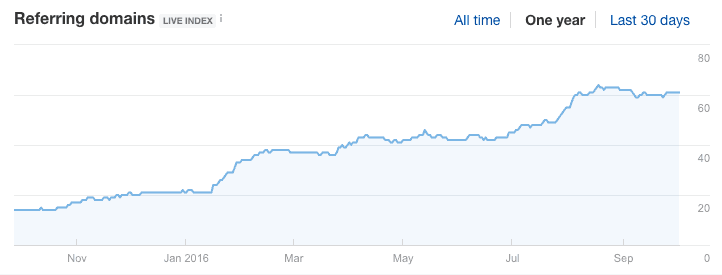
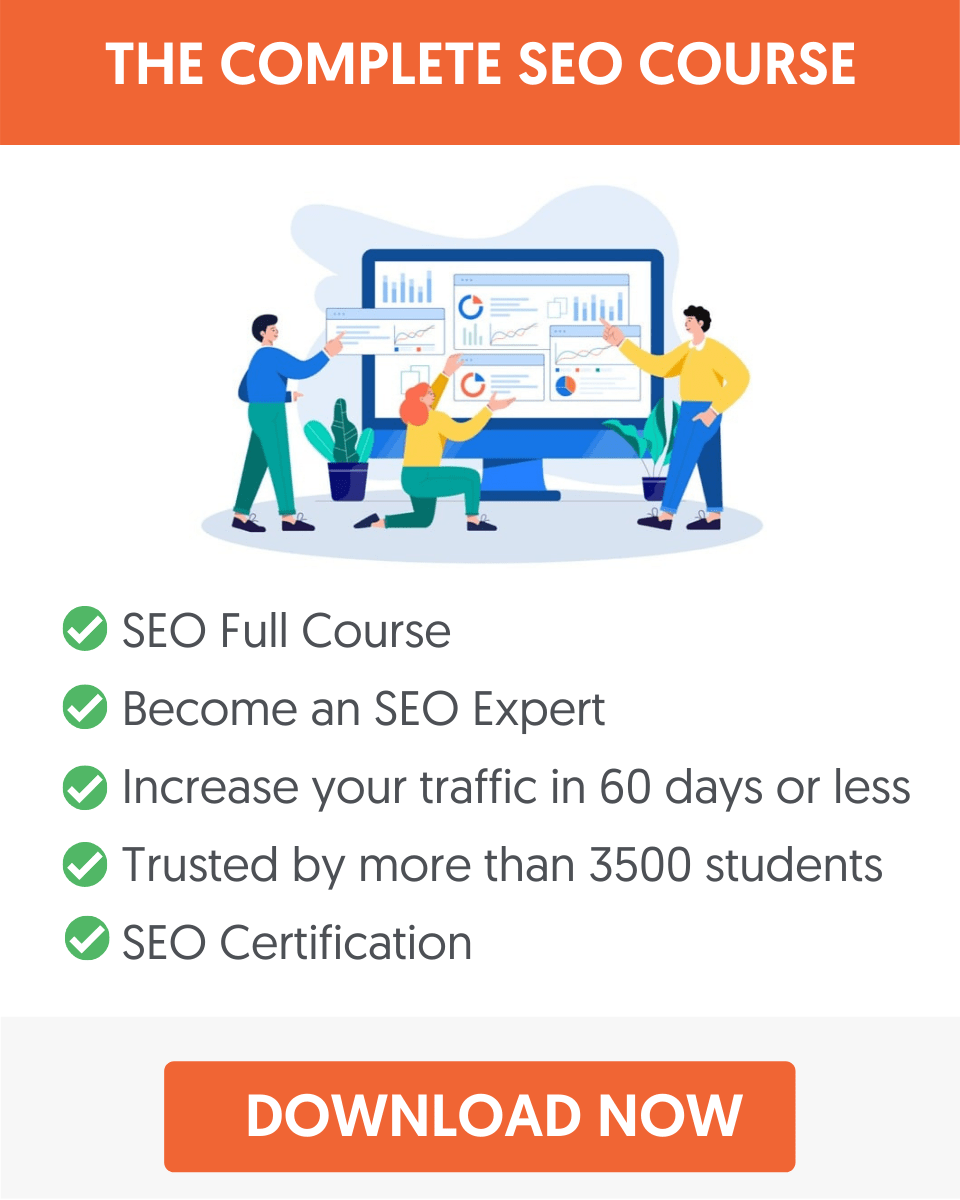
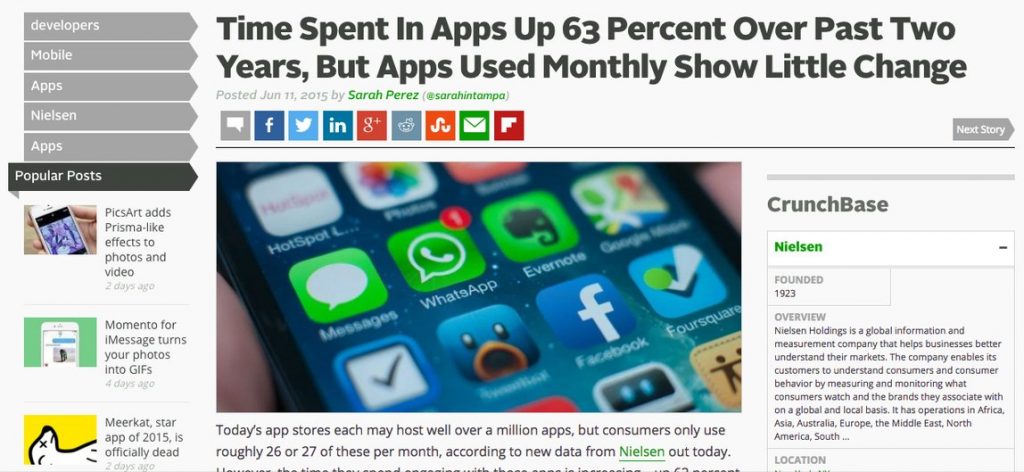
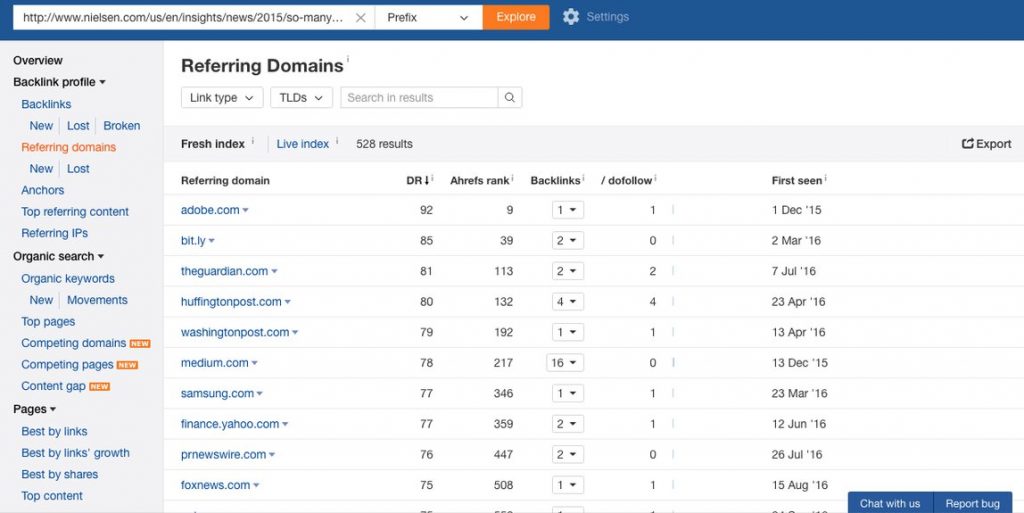
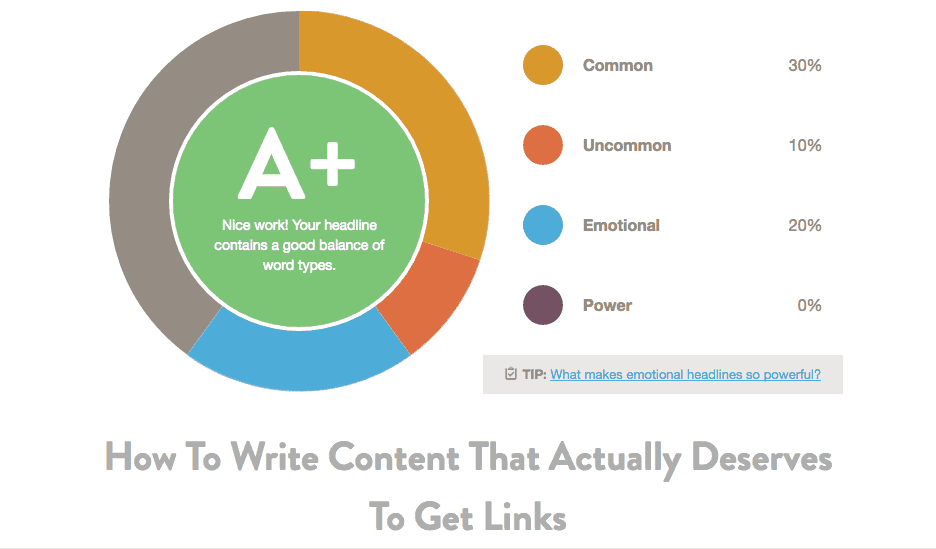
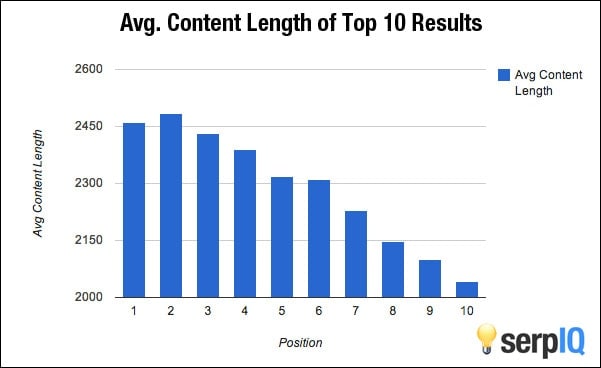
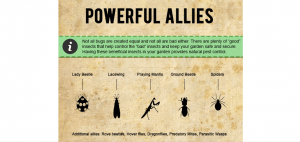

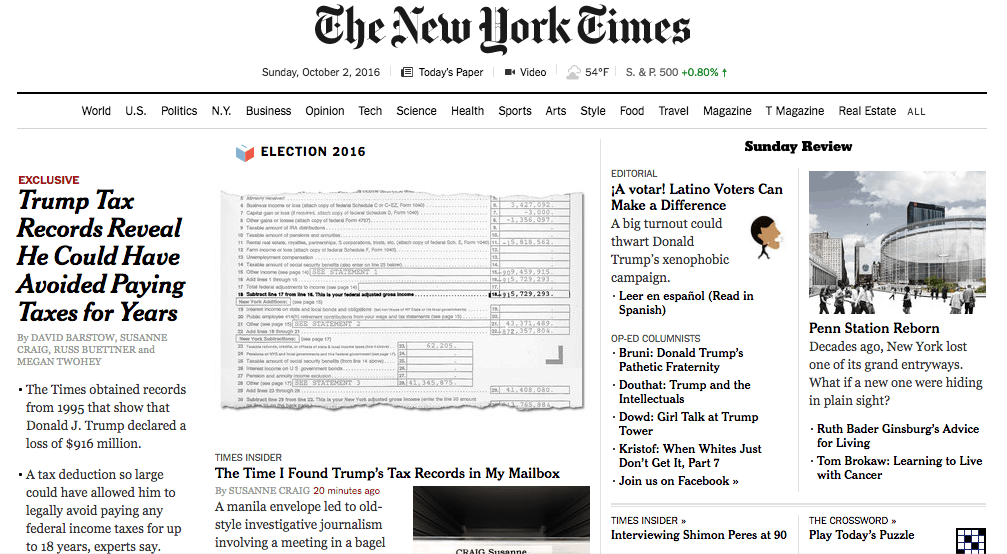
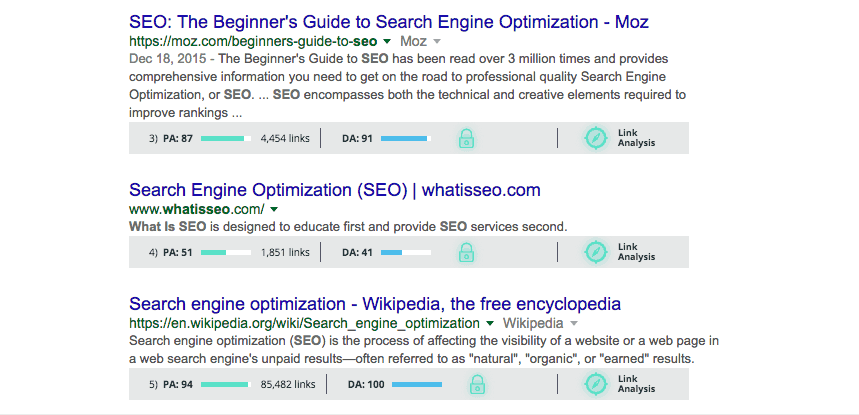

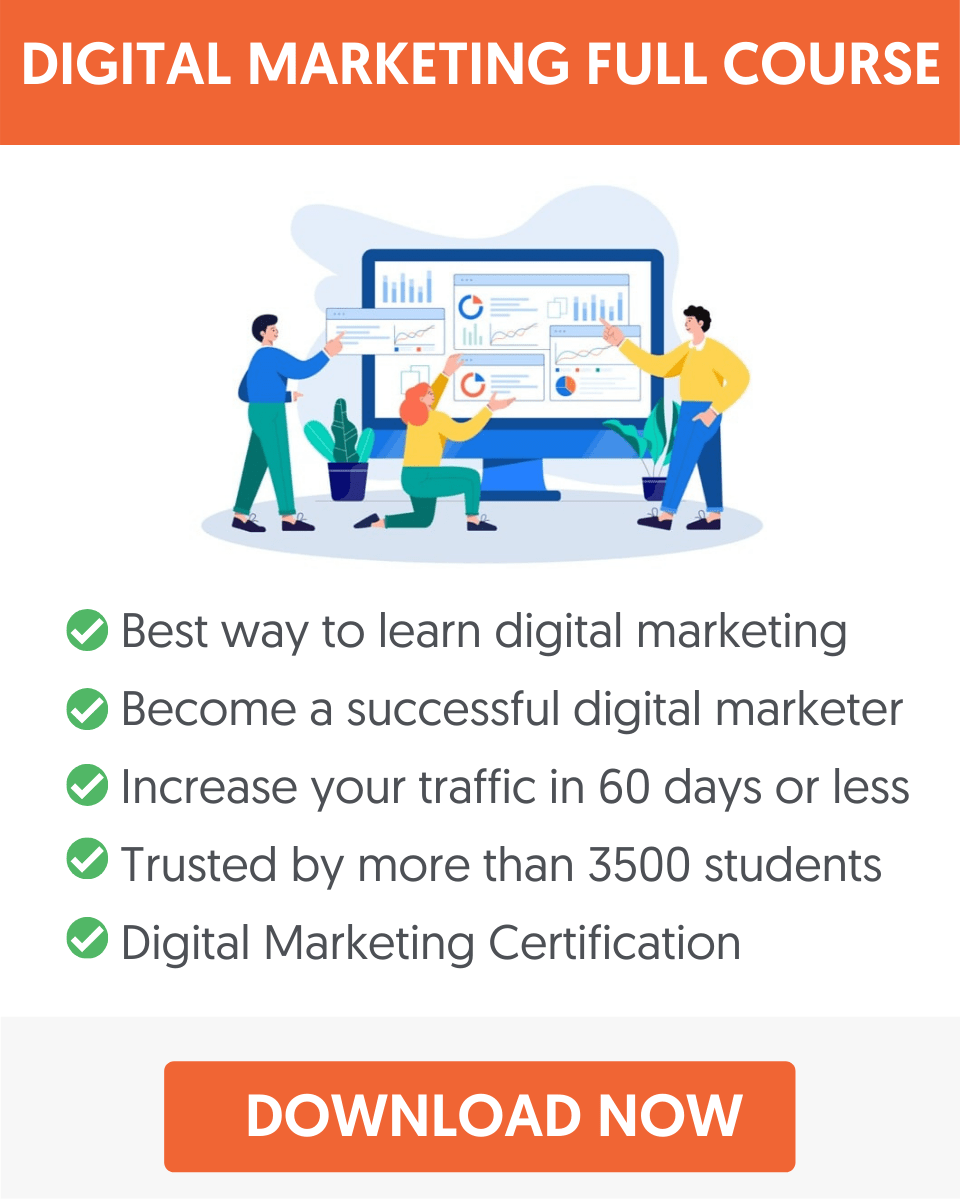

Hello Alex,
I hope you are doing well. Once I have seen your update in my mail, I have landed here immediately to check your valuable content.
As usual, you have nailed it. I’m bit lazy in linking out the sources from the post that I’m creating and I have realized that it is a great mistake. I’ll add authority outbound links to perform well.
As you said, crafting the content with the compelling heading, images & infographics and in-depth data would be naturally linked by others.
Thanks for putting efforts in creating this type of helpful content for us.
Hi Nirmala
Thanks for your comment.
Link building despite being a time consuming and not so straightforward process, is very important for rankings. Every blogger / business owner should allocate some time for getting strong links.
All the best
Alex
Superb Post Alex, couldn’t agree more with your primary baseline. “Unique Content” with no exception to Graphic Content will always be King Of Conversion. Your writing style inspire me to “Polish” my own posts a little.
Hi Deon
Going back and improving old posts is something that can benefit you in the long term. I try to allocate some time each month to improve old posts.
Thanks
Alex
Hi Alex,
I am glad that somehow I was led by my search to your website. I activated notification for some update of your blog and indeed it is very beneficial to get updates from SEO expert like you. You really shared your real tips as well as how and what to do with it.
I am aiming to start a Local SEO service. You can check my blog and perhaps give me some advice if you have time.
Thanks,
Jaime
Hi Jaime
Thanks for the comment. Your blog looks good with nice information. Always try to provide value through your content and everything else will come.
Alex
Hi Alex,
Thanks for the feedback.
You inspire me man.
Backlinking is a killer any day, any time for traffic generation. Thanks to the author for finding time to share this great article.
Thanks a lot for a great article, I am writing well-researched high-quality articles but still I am stuck on 3rd to the 4th page of Google, I didn’t do any off page SEO. my site age is 10 months. What should I focus on to get high ranking?
regards
MJ
Hi Michael
It’s about time to start off-page SEO and try to get some quality backlinks. You can start with social media and try to get your website in front of those people that are more likely to like your content.
Thanks
Alex